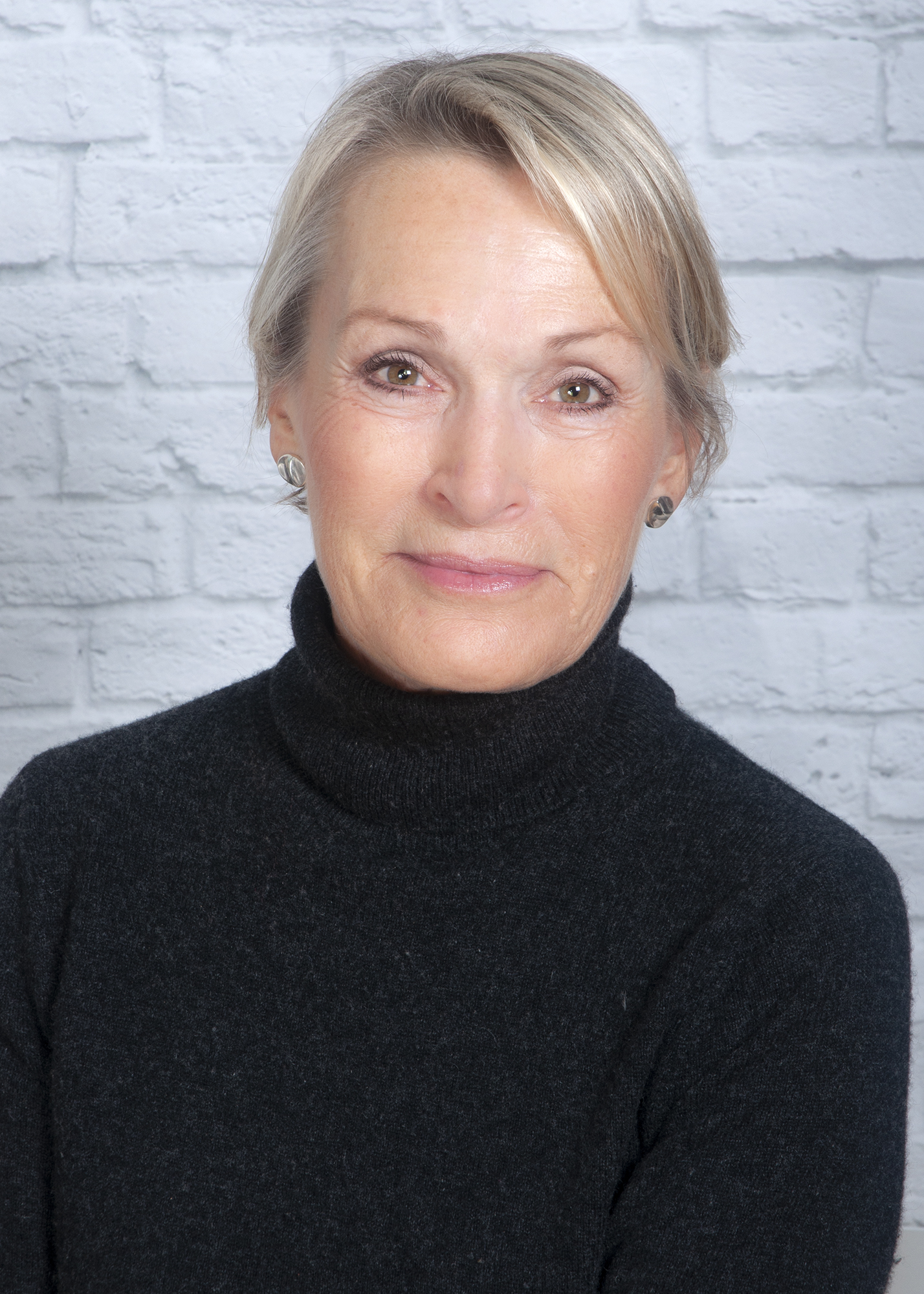The simple answer to the question as to whether you should get couples counselling before you get married is yes! Why? Because you are entering into a commitment with a person you love, that you hope will last for many years and you will need some really handy tools up your sleeves when it comes to navigating the different and often challenging issues that marriage and relationships throw up. Why would you not want to enter into this commitment without being the best prepared that you can be and knowing as much as possible about yourself and your partner?
Modern couples have never wanted more from each other, and the roles of men and women have changed dramatically from the time our parents got together, therefore, we need to re-visit what marriage and long-term commitment means. Why would we imagine that we know what it takes to be in relationship when we have not been taught? A relationship requires daily attention, and care; it requires the couple to consciously work on their self-awareness in order to learn to take responsibility for feelings, positive and negative that may arise in the relationship.
What happens in couples counselling?
In couple counselling, by learning about our triggers, what they mean and why we have them, we can learn to step out of the familiar patterns we fall into when conflict and feelings of vulnerability occur. It is inevitable that defensive feelings will arise because in our most intimate relationship we will feel vulnerable and therefore endangered; when we feel endangered our automatic nervous system will kick off into fight of flight which can look like shouting or withdrawing or sulking . In counselling a couple can learn tools to manage themselves in a more adult way when they feel themselves in the grip of strong feelings that lead to disconnection and distancing in the relationship.
You can learn that you don't have to deny difficult, or sometimes ugly feelings, or shy away from conflict or repress anger, you learn instead to respect your partner and yourself enough, to not use your difficult feelings to retaliate, fight, or control; it is an easy habit to make the partner wrong and to lay the blame at their feet instead of taking responsibility for yourself and your feelings.
Falling in love, maybe living together, meeting each others friends and family, going on trips together and planning a future are all part of the journey that takes you to the doors of marriage and a lifetime commitment to another person in an intimate loving relationship. When you walk through the doorway into this deeper commitment the relationship takes on new challenges, because although you feel you have some safety in marriage, you are also going to feel more vulnerable, there is more at risk and especially if you start a family.
It is important to explore together what you learnt about adult relationships from your family of origin; how the way your parents talk to each other informed you how to communicate your needs and feelings: was it safer to be quiet and bottle up feelings, was it permissive to express yourself autonomously? How do you argue: do you shout or withdraw? Maybe you go silent or maybe you become very emotional. These stances are so important to understand as they are survival strategies from our childhood that will emerge in our intimate adult relationships when we feel vulnerable; we need to understand these parts of ourselves and our partner in order to manage better times of conflict and vulnerability.
As we learn more of our partners vulnerabilities and their 'blue print' for relationships learnt growing up, the more equipped we are to approach our differences and all aspects of the relationship with a deeper understanding and compassion.
The questions I would explore with a couple would cover the following:
- What does marriage mean?
- How do you feel about monogamy?
- Do you think the relationship needs more attention?
- Do you talk about your sex life?
- What did you learn about what it means to be a woman/man from your mother and father?
- How did your parents fight?
- What did you do to get your needs met?
- Were feelings talked about openly?
- Was it safe to express your feelings, and how id you do that?
- Did you grow up in a sex positive environment?
- How was sex treated in your family?
- What does being a parent mean?

